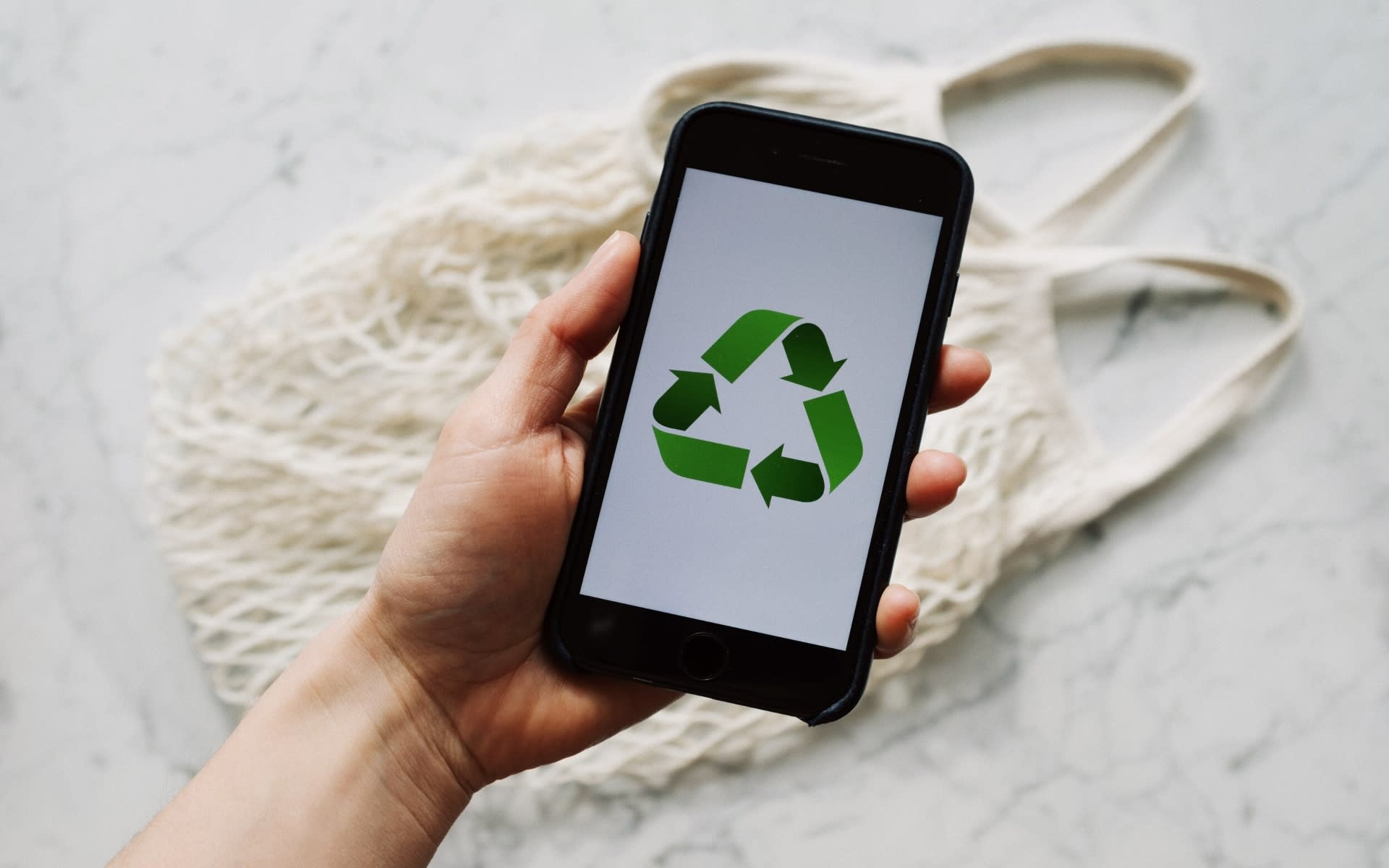ATTAINING A GREENER, MORE SUSTAINABLE LIFESTYLE DOESN’T HAVE TO BE EXPENSIVE OR TIME-CONSUMING. SOME MINOR LIFESTYLE ADJUSTMENTS CAN CUT EXPENSES AND MAKE A POSITIVE IMPACT ON YOUR HEALTH, QUALITY OF LIFE AND OUR ENVIRONMENT – FOR YOU AND OUR FUTURE GENERATIONS TO COME. HERE ARE 6 SIMPLE ACTIONS YOU CAN TAKE, STARTING TODAY.
#1. RECYCLE
Did you know that garbage items do not disappear once they are land filled? It takes aluminum 90 years to decompose, plastic 700 years and glass over one million years!
Instead, you can help preserve natural resources and keep trash out of landfills by making recycling a habit.
WHAT CAN I RECYCLE?
Start by recycling any of the following items, setting them apart from your household trash:
- Cardboard
- Newspaper
- Glass
- Plastic bottles
- Aluminum and tin cans
You can also get your money back by redeeming any bottles and cans that have the “HI5” label visible.
Click here for Recycling information on Maui
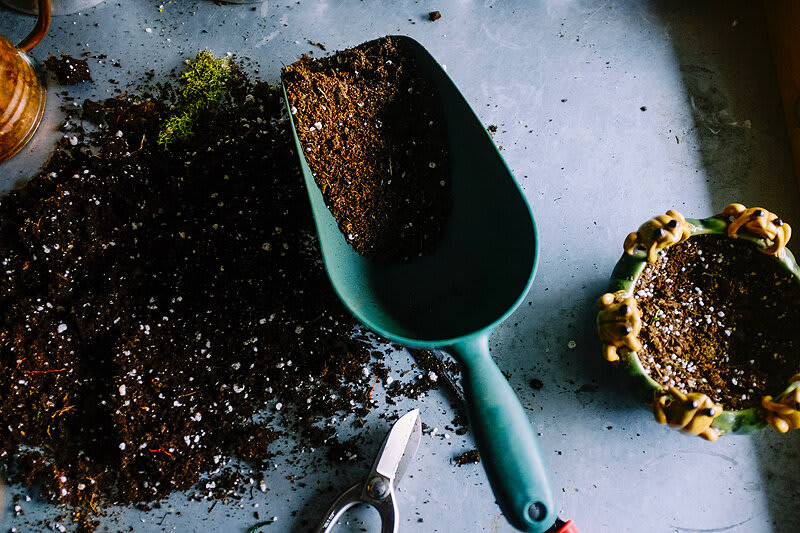
#2. CREATE A ZERO-WASTE KITCHEN
Food scraps and yard waste currently makes up more than 30% of what we throw away and could be composted instead.
WHAT IS COMPOST?
Composting is the natural process of recycling organic matter, such as leaves and food scraps, in to a valuable fertilizer that can enrich soil and plants.
WHY COMPOST?
The practice of composting keeps trash out of landfills and the finished compost has the advantage of being a useful natural fertilizer that is more environmentally friendly than synthetic fertilizers.
WHAT CAN I COMPOST?
- Fruits and vegetables
- Eggshells
- Coffee grounds and filters
- Tea bags
- Nut shells
- Shredded newspaper
- Cardboard
- Paper
- Yard trimmings
- Grass clippings
- Houseplants
- Hay and straw
- Leaves
- Sawdust
- Wood chips
- Cotton and Wool Rags
- Hair and fur
- Fireplace ashes
Wooden spoons, dryer lint, cardboard Q-tips, and other unexpected items are also compostable.
Click here to learn more about Composting
If you need help composting, Ground Up Maui is a community-based organization offering weekly curbside compost pickup services to the Haiku, Makawao and Northshore areas in Maui. Go HERE for more information.

#3. ELIMINATE TOXINS
Carefully consider what you bring into your house.
Chemicals in common household products, including shower curtains, cookware, and furniture, can seep into your living space.
That compromises indoor air quality and can cause health problems and worsen respiratory ailments.
Seek non-toxic options for paint, pesticides, cleaners, furniture, and building materials.
Click here for a guide to non-toxic sealers and varnishes.
Click here to learn more about eliminating toxins.
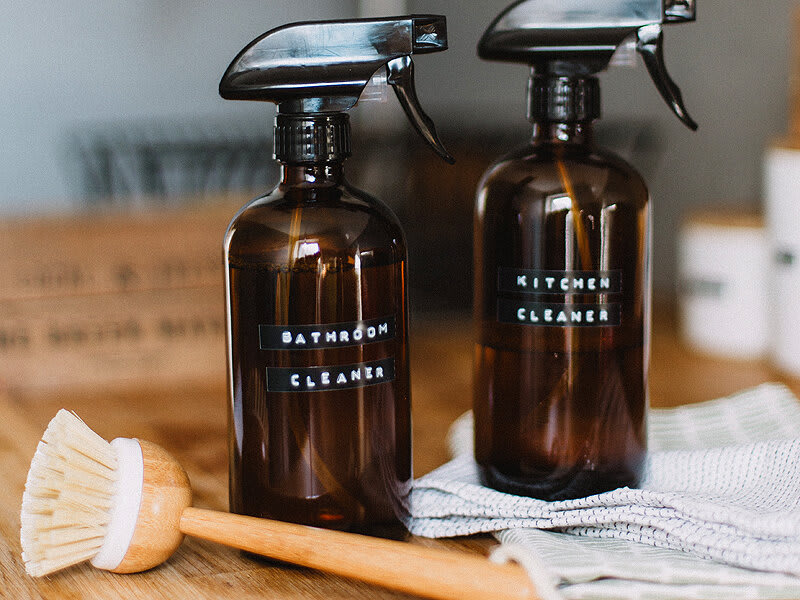
#4. CLEAN NATURALLY
Though many associate a lemon or pine scent with cleanliness, such odors usually stem from cleaning products loaded with harsh chemicals that can be toxic to people, pets and the planet.
Pick green-labeled cleaning products or mix up your own, using baking soda (an abrasive), vinegar (a disinfectant), and lemon (a deodorizer), like the solutions below:
For mild cleaning — mix 1/2 cup vinegar, 1/4 cup baking soda, and 4 to 8 cups hot water in a spray bottle.
For a stronger solution — use 2 tablespoons borax, 1/4 cup vinegar, and 2 cups hot water. Add a few drops of essential oil or lemon to any mixture to give it a fresh scent.
Such alternatives are accessible, inexpensive and better for your health.
Click here for a list of natural cleaning tips and recipes.
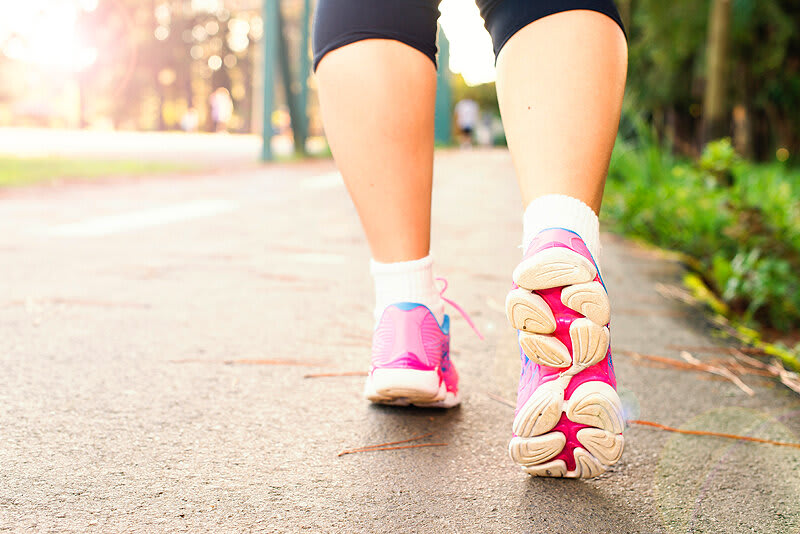
#5. RECONSIDER YOUR TRANSPORTATION
Explore public transit options and consider biking or walking to reduce commuting costs.
The Maui Bus public transit service is a great, cost effective way to get around the island, providing services in and between various Central, South, West, Haiku, Kula and Upcountry Maui communities. A one-way general fare is only US$2 and a monthly general bus pass only $45.
If you can’t eliminate your car entirely, try to find ride shares and ways to reduce car trips with other members of your family.
Click here for more information on the Maui Public Bus System
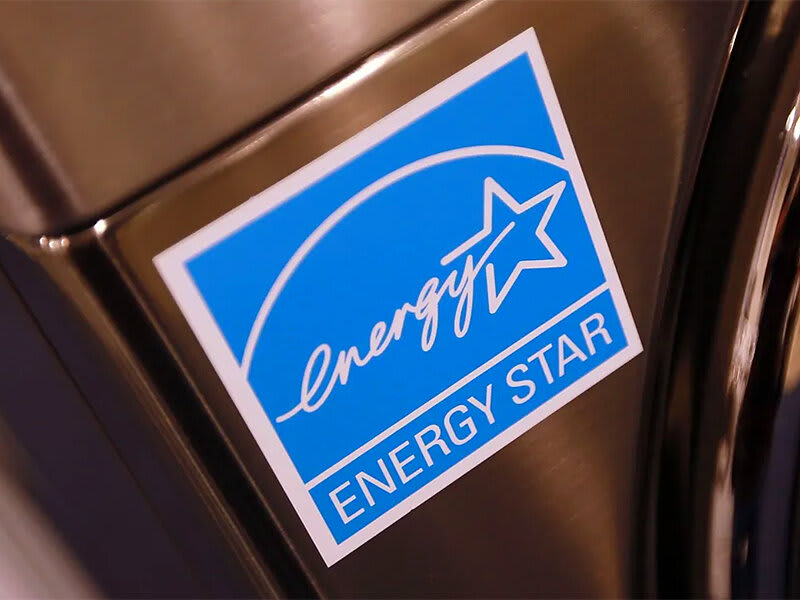
#6. BUY ENERGY-EFFICIENT ELECTRONICS
Try to choose refrigerators, washers, computers, office equipment and any other household products with the “ENERGY STAR®” label.
WHAT IS THE ENERGY STAR® LABEL?
ENERGY STAR® is the government-backed symbol for energy efficiency, making it easy for consumers and businesses to purchase products that save them money and protect the environment.
Thousands of industrial, commercial, utility, state, and local organizations—including about 40% of the Fortune 500®— have partnered with the U.S. Environmental Protection Agency (EPA) to deliver cost-saving energy efficiency solutions that improve air quality and protect the climate.
Click here to learn more about efficient electronics

CREDITS AND RESOURCES
Copyright NATIONAL ASSOCIATION OF REALTORS®. Article reprinted with permission. All rights reserved.

